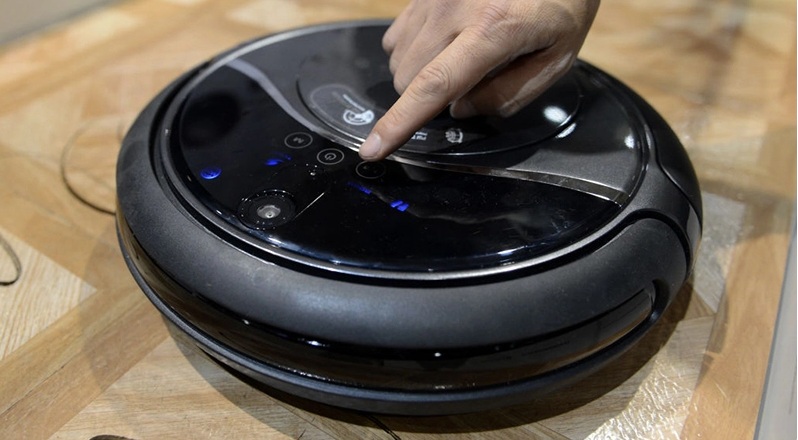
he research team, led by Assistant Professor Jun Han from NUS Computer Science, said LidarPhone, the sensor that allows the robot vacuum to navigate around the house safely, can be repurposed into a laser-based microphone to eavesdrop on private conversations.
“The proliferation of smart devices—including smart speakers and smart security cameras—has increased the avenues for hackers to snoop on our private moments,” said Sriram Sami, a doctoral student working with Jun Han, assistant professor at NUS Computer Science.
WATCH video here:
https://api.banned.video/embed/5fd2d5f279a215776eef2ff2
Owen and constitutional lawyer Robert Barnes have a discussion about the antitrust charges filed against Facebook.
Sami continued: “Our method shows it is now possible to gather sensitive data just by using something as innocuous as a household robot vacuum cleaner. Our work demonstrates the urgent need to find practical solutions to prevent such malicious attacks.”
As explained by the research team, here’s how a common robot vacuum cleaner can spy on your most private conversations:
The core of the LidarPhone attack method is the Lidar sensor, a device which fires out an invisible scanning laser, and creates a map of its surroundings. By reflecting lasers off common objects such as a dustbin or a takeaway bag located near a person’s computer speaker or television soundbar, the attacker could obtain information about the original sound that made the objects’ surfaces vibrate. Using applied signal processing and deep learning algorithms, speech could be recovered from the audio data, and sensitive information could potentially be obtained.
In their experiments, the researchers used a common robot vacuum cleaner with two sources of sound. One was the voice of a person reading out numbers played from a computer speaker, while the other source was music clips from television shows played through a television soundbar.
The team collected more than 19 hours of recorded audio files and passed them through deep learning algorithms that were trained to either match human voices or identify musical sequences. The system was able to detect the digits being spoken aloud, which could constitute a victim’s credit card or bank account numbers. Music clips from television shows could potentially disclose the victim’s viewing preferences or political orientation. The system achieved a classification accuracy rate of 91 per cent when recovering spoken digits, and a 90 per cent accuracy rate when classifying music clips. These results are significantly higher than a random guess of 10 per cent.
The researchers also experimented with common household materials to test how well they reflected the Lidar laser beam and found that the accuracy of audio recovery varied between different materials. They discovered the best material for reflecting the laser beam was a glossy polypropylene bag, while the worst was glossy cardboard.
If you’re worried about the government conducting surveillance – well, our advice is to avoid wiring up your house with smart devices – one can only imagine some scary scenarios if hackers or even the government using robot vacuum cleaners to spy on people.
To prevent such spying, researchers “recommend users to consider not connecting their robot vacuum cleaners to the Internet.”
Article: https://www.infowars.com/posts/your-robot-vacuum-can-spy-on-private-conversations